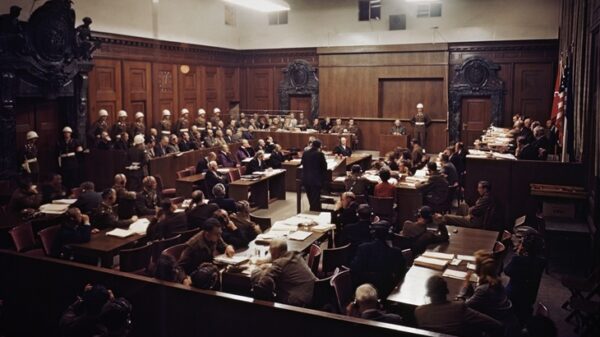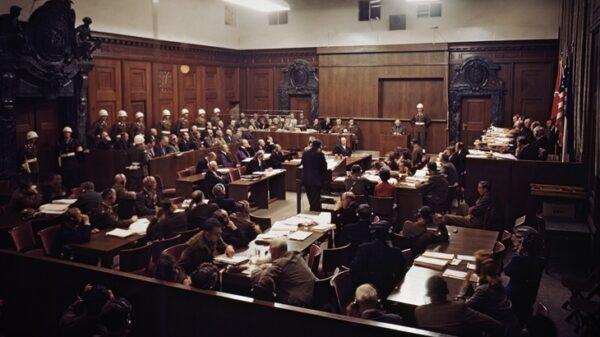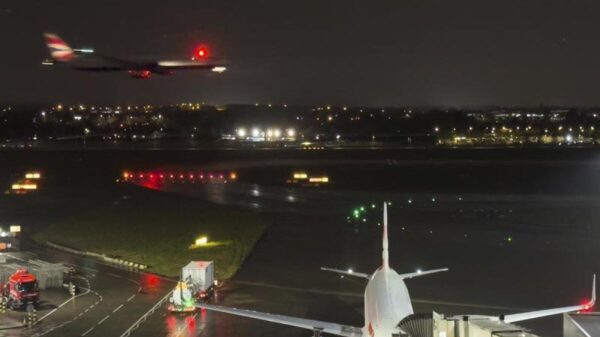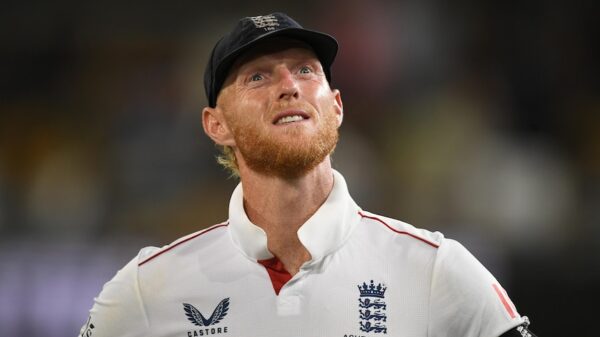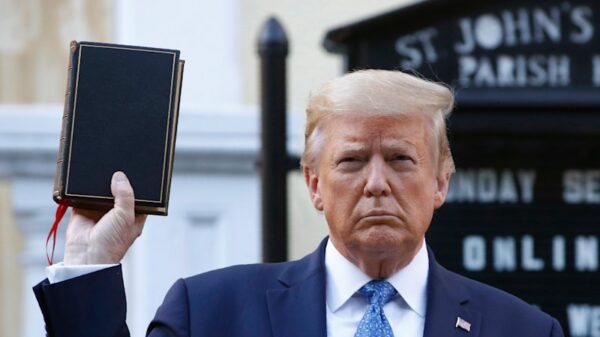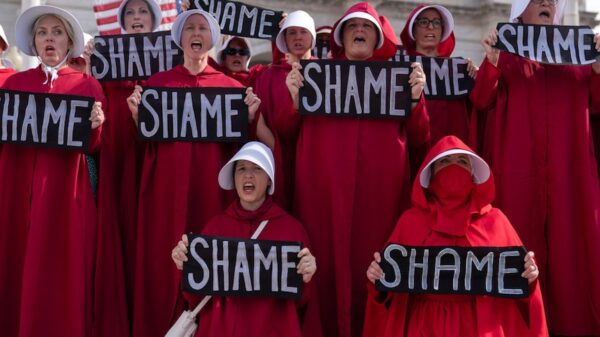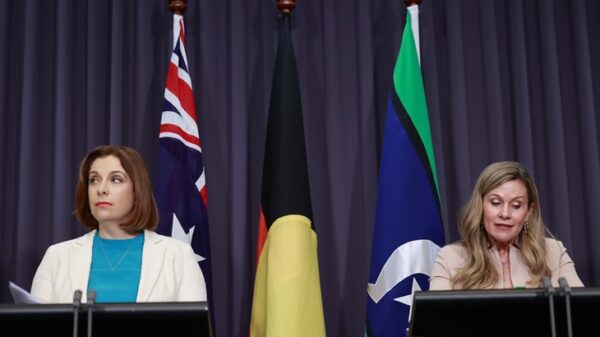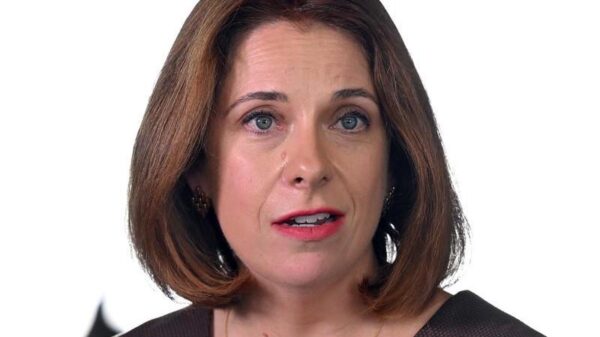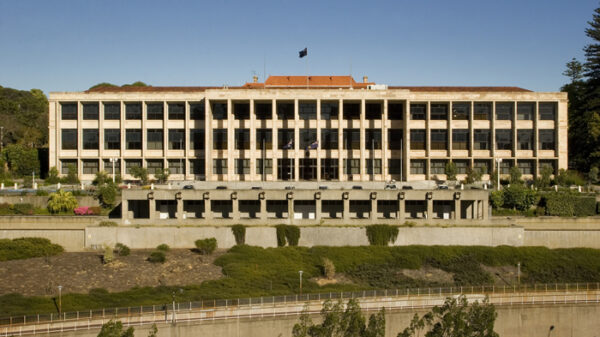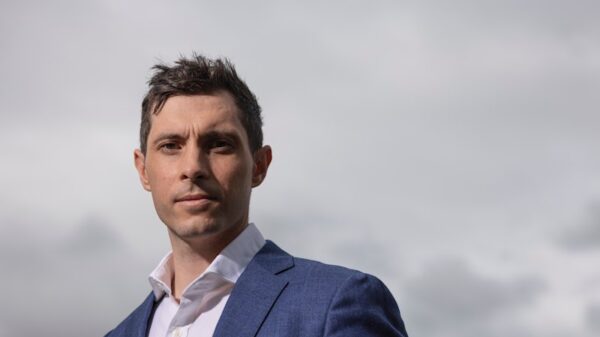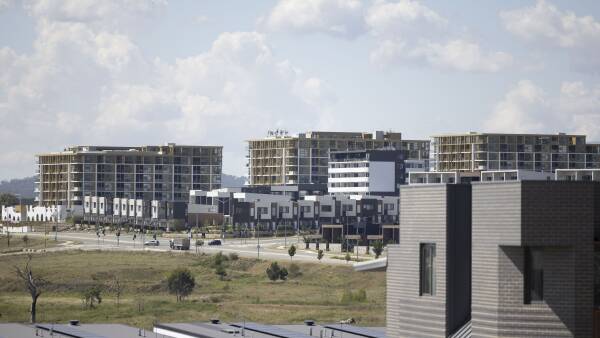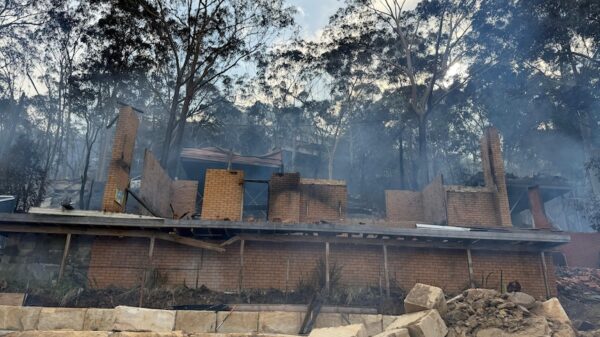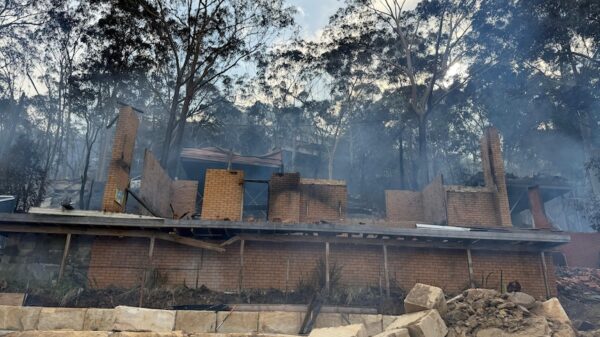Prince Harry encountered significant security concerns during his recent trip to the UK, facing two alarming incidents involving a known female stalker. The woman, who has a history of mental health issues and has previously followed both Harry and his wife, Meghan Markle, was discovered hiding in a hotel bathroom just 20 minutes before Harry was scheduled to attend a charity event. According to a report by The Telegraph, security personnel intervened and removed her shortly before the event commenced.
Two days later, the same individual attempted to approach Harry again as he exited another event in West London. In this instance, no police presence or close protection was available, forcing Harry’s staff to physically block her from getting too close. Reports indicate that she is on a list of “fixated individuals” known to Harry’s private security team, raising concerns about the adequacy of security measures in place during his public appearances.
The situation is particularly troubling given Harry’s ongoing struggle to secure police protection during his visits to the UK. Following his and Meghan’s decision to step back from royal duties in 2020, Harry lost a court appeal to reinstate government-funded police security. A source familiar with the situation told People, “These incidents are not uncommon for members of the royal family. It differs, however, because there was no police presence or close protection — it was left to two staffers from his private office to intervene. Relying on luck is not a long-term fix.”
In a legal ruling dated May 2, 2023, Judge Sir Geoffrey Vos dismissed Harry’s appeal, stating that his level of protection was subject to circumstances. He explained, “The Duke was, in effect, stepping in and out of the cohort of protection provided by RAVEC (the Government’s Royal and VIP Executive Committee). Outside the UK, he was outside the cohort, but when in the UK, his security would be considered as appropriate depending on the circumstances.” Judge Vos characterized this reasoning as sensible and logical, a conclusion that Harry has publicly contested.
Reflecting on the ruling, Harry expressed his distress, stating that his “worst fears have been confirmed by the whole legal disclosure in this case — and that’s really sad.” This ongoing battle for security has been underscored by the challenges faced during his UK visit, particularly in the absence of a police presence.
Despite the security concerns, Harry took a notable step toward mending his relationship with his father, King Charles III, by meeting for nearly an hour at Clarence House. This meeting marked their first face-to-face interaction in over 19 months and is perceived as a positive move toward rebuilding trust between the two.
Currently residing in Montecito, California, Harry and Meghan are raising their two children while grappling with the complexities of security and privacy during their visits to the UK. The incidents involving the stalker highlight the urgent need for reassessment of safety measures for high-profile individuals, especially those with royal connections.
As discussions around royal security continue, the implications of these events resonate, not only for Harry and his family but also for the broader conversation about the protection of public figures in an increasingly complex world.




